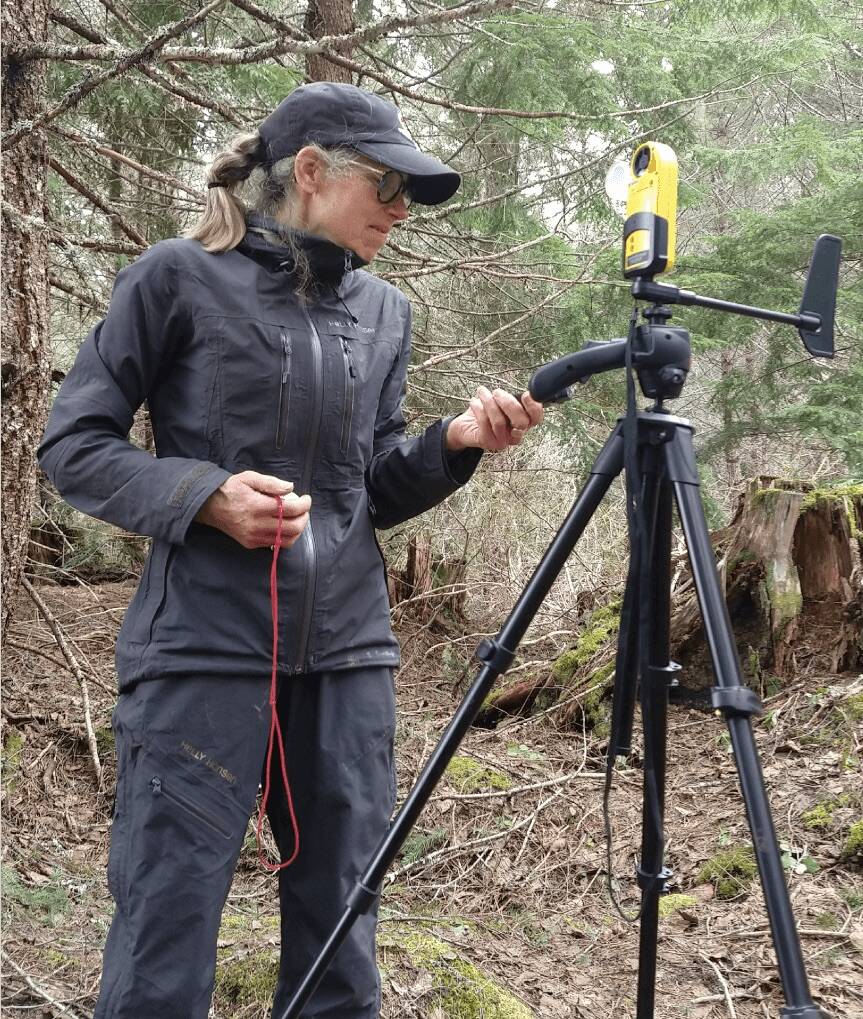Ecologist Rhonda L. Millikin will offer her thoughts on “The Joy of Continuing Curiosity — Three Decades of Ecology Research” at the next Olympic Peninsula Audubon Society (OPAS) meeting, scheduled for 7-8:30 p.m. on Wednesday, Nov. 15, in the Rainshadow Hall at the Dungeness River Nature Center, 1943 W. Hendrickson Road.
The general public is welcome to attend.
Now semi-retired, Millikin has a career that spans more than three decades with the Canadian federal government — first with Forestry Canada, then later with Environment and Climate Change Canada.
Following her service in government, Millikin pursued advanced degrees in landscape horticulture and soil science. She is now combining these three scientific disciplines to develop an ecosystem sustainability approach to vineyard management.
More than 30 years ago, Millikin presented to OPAS on the work that became the focus of her PhD dissertation and the basis of two patented inventions: fusing radar and acoustics to passively locate and identify night-migrating birds in three-dimensional space.
Subsequently, she formed EchoTrack, Inc., which applies her technology to identify and conserve stopover sites for migrating birds and to recommend safer siting of wind turbines in proximity to migration flyways across North America and in South Africa.
For the Audubon program, Millikin will share some key insights from her work on night bird migration as well as some current findings from the work of her graduate students on shorebird stopover flight behaviors. She will add a few ideas from her vineyard research that we all may apply to landscaping on the Olympic Peninsula to help mitigate the impacts of climate change.



